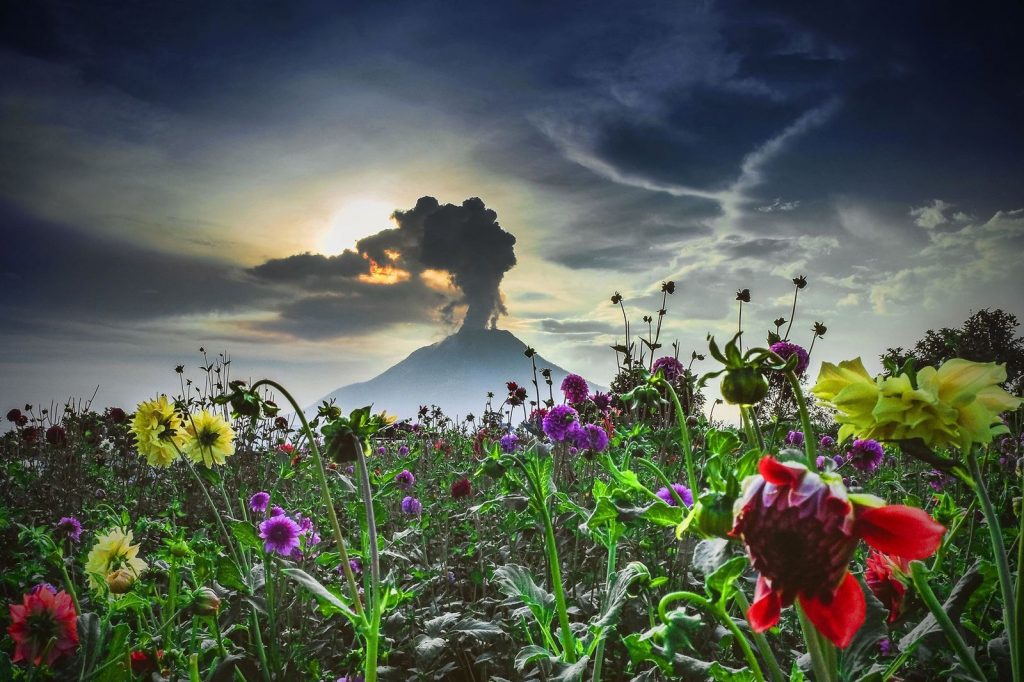
If life teaches us anything, it’s that wants and needs are two different things. A child has many wants from a parent, but need boils down to the wisdom, strength and courage that come through a mom and dad’s faith, hope and love. So what happens if mom or dad dies?
Suddenly a main source of that child’s formation must change from outside themselves to within. I was 11 when my mother died. My father had to transform from bread winner to bread preparer, and we sons transformed from house inhabitants to housekeepers. This group of Catholic boys, spoiled by a woman who did everything for them, was thrust into a Bar Mitzvah. Each of us had to say “Today I am a man.” From that day forward we had to live our faith beyond weekly attendance at Sunday Mass to becoming Jesus for each other–disregarding our selfish wants so we could minister to each other’s needs.
Souls shaped by variations of such intra-family ministry can relate to the examples Jesus left for us through the gospels of his disciples. This Sunday’s readings are aimed at people who need people. The gospel (Mt 14:13-21) shows us the sympathy Jesus felt for the children who lost the spiritual parent they had in John the Baptist. So when those lost sheep started swarming to the Godly light to which John was guiding them, Jesus instructed his disciples-in-training to feed them. This food went beyond the meager fare they had on hand.
“Give them some food yourselves,” Jesus said. But the disciples said to him, “Five loaves and two fish are all we have here.”
Then Jesus taught his students a lesson in feeding people starved for parental faith, hope and love.
Taking the five loaves and the two fish, and looking up to heaven, he said the blessing, broke the loaves, and gave them to the disciples, who in turn gave them to the crowds. They all ate and were satisfied, and they picked up the fragments left over—twelve wicker baskets full.
Christ’s 12 disciples were being trained to feed the needs of their brothers and sisters in faith. Their ministry would equip them with the wisdom, strength and courage to be God’s instruments in building His Kingdom. This is an evolutionary creation process, the planning for which started centuries before it was perfected in Christ—with prophets like Isaiah. Like John the Baptist, Isaiah knew the hunger that needed feeding, and like Jesus, he felt compassion for anyone starving for it (Is 55:1-3).
Heed me, and you shall eat well, you shall delight in rich fare. Come to me heedfully, listen, that you may have life. I will renew with you the everlasting covenant, the benefits assured to David.
The Davidic bloodline would culminate with the Master builder whose blood, sweat and tears would sanctify the Covenant Isaiah promised. The kingdom resulting from that divine plan is still being built by generation after generation of disciples making a good living off that project. They are paid by a direct deposit of love that’s insured against disaster, as Paul tells us through his letter to the Romans (Rom 8:35, 37-39).
What will separate us from the love of Christ? Will anguish, or distress, or persecution, or famine, or nakedness, or peril, or the sword? No, in all these things we conquer overwhelmingly through him who loved us.
Just as my newly motherless family learned decades ago, the continuous creation of God’s kingdom ain’t always pretty. It’s really more a matter of plate-tectonic evolution than caterpillar-to-butterfly transformation. Even among God’s children, each other’s boundaries tend to rub against each other, causing huge stresses that break off portions of rock–exposing faults. This also causes earthquakes that remake our landscape. It’s a traumatic process, but the results can be beautiful. This process does have a more comforting name: Life. It’s the art of God. Its beauty is made all the more glorious considering the imperfection of His instruments as we sculpt each other into wonderful shapes.
–Tom Andel